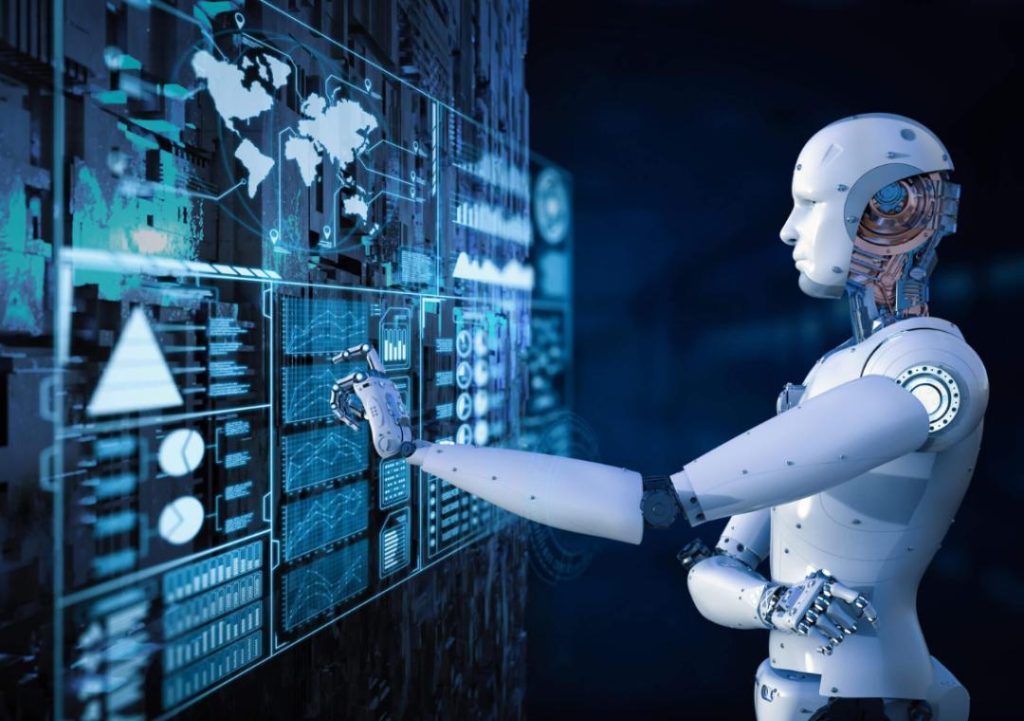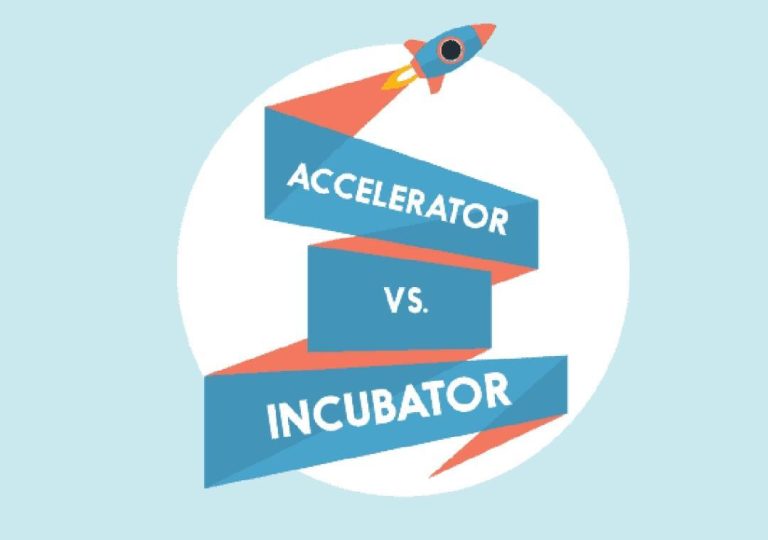
AI & Automation: The Productivity Power Duo
In today’s fast-paced business landscape, organizations are constantly seeking ways to increase efficiency, reduce costs, and enhance customer experiences. Two technologies that have gained significant attention in recent years are Artificial Intelligence (AI) and Automation. When combined, they form a powerful duo that can transform the way businesses operate. In this blog post, we’ll explore the concept of Intelligent Automation, its benefits, and how it’s reshaping efficiency across industries.
What is Intelligent Automation?
Intelligent Automation is a combination of Robotic Process Automation (RPA) and Artificial Intelligence (AI). RPA involves using software bots to automate repetitive, manual tasks, such as data entry, document processing, and customer service. AI, on the other hand, enables machines to learn from data, make decisions, and perform complex tasks.
Intelligent Automation blends the best of both worlds, allowing software bots to handle routine tasks while AI tackles complex decisions. This synergy enables businesses to automate a wide range of processes, from simple transactions to sophisticated decision-making.
How Does Intelligent Automation Work?
The process of Intelligent Automation typically involves the following stages:
- Identification: Identify areas within the organization where automation can improve efficiency and reduce costs.
- Design: Design the automation workflow, including the tasks to be automated, the data required, and the interactions between humans and bots.
- Implementation: Implement the automation solution, which may involve integrating RPA software with AI algorithms and machine learning models.
- Monitoring: Monitor the automation process to ensure it’s working as expected, identify areas for improvement, and make adjustments as needed.
Benefits of Intelligent Automation
The benefits of Intelligent Automation are numerous and can be categorized into three main areas: efficiency, accuracy, and innovation.
Efficiency: Intelligent Automation can significantly reduce the time spent on manual tasks, freeing up human resources to focus on higher-value activities. According to a study by Gartner, organizations that adopt Intelligent Automation can achieve a return on investment (ROI) of up to 200% within three years.
Accuracy: AI-powered automation can reduce errors and inaccuracies caused by human fatigue, bias, or lack of attention. With Intelligent Automation, processes are executed consistently and accurately, ensuring better outcomes and improved customer experiences.
Innovation: Intelligent Automation enables organizations to innovate and stay ahead of the competition. By automating routine tasks, businesses can redirect resources to more strategic initiatives, such as developing new products, services, or business models.
Real-World Examples of Intelligent Automation
Intelligent Automation is being deployed across various industries, including:
- Banking: Automation is being used to streamline loan processing, account opening, and customer onboarding. AI-powered chatbots are also being used to provide 24/7 customer support.
- Healthcare: Intelligent Automation is being used to automate administrative tasks, such as scheduling appointments, processing claims, and data entry. AI-powered systems are also being used to analyze medical images and diagnose diseases more accurately.
- Manufacturing: Automation is being used to optimize production processes, manage inventory, and predict equipment maintenance needs. AI-powered systems are also being used to analyze data and optimize supply chain operations.
- Customer Service: Intelligent Automation is being used to automate customer service interactions, such as answering frequently asked questions, routing customer inquiries, and providing personalized support.
Challenges and Limitations
While Intelligent Automation offers numerous benefits, there are also challenges and limitations to consider:
- Data Quality: Intelligent Automation relies on high-quality data to function effectively. Poor data quality can lead to errors and inaccuracies.
- Change Management: Implementing Intelligent Automation requires significant changes to business processes and organizational culture.
- Governance: Intelligent Automation raises concerns around data privacy, security, and accountability.
- Skills Gap: The increasing adoption of Intelligent Automation has created a skills gap, as organizations struggle to find professionals with the necessary skills to design, implement, and maintain automation solutions.
Conclusion
Intelligent Automation is a game-changer for organizations looking to increase efficiency, reduce costs, and enhance customer experiences. By combining the strengths of RPA and AI, businesses can automate a wide range of processes, from simple transactions to sophisticated decision-making.
As the technology continues to evolve, we can expect to see increased adoption across industries, improved accuracy and efficiency, and new innovations that transform the way businesses operate. Whether you’re looking to automate routine tasks, optimize processes, or innovate your business model, Intelligent Automation is an exciting and rapidly emerging technology that’s sure to shape the future of productivity.
Source:






